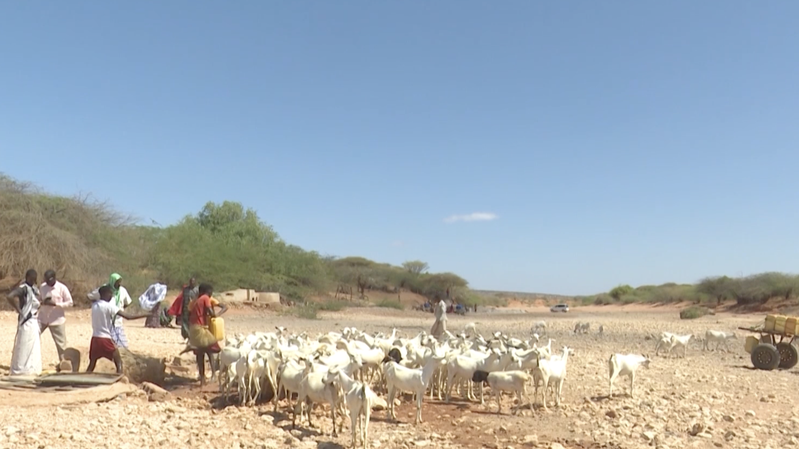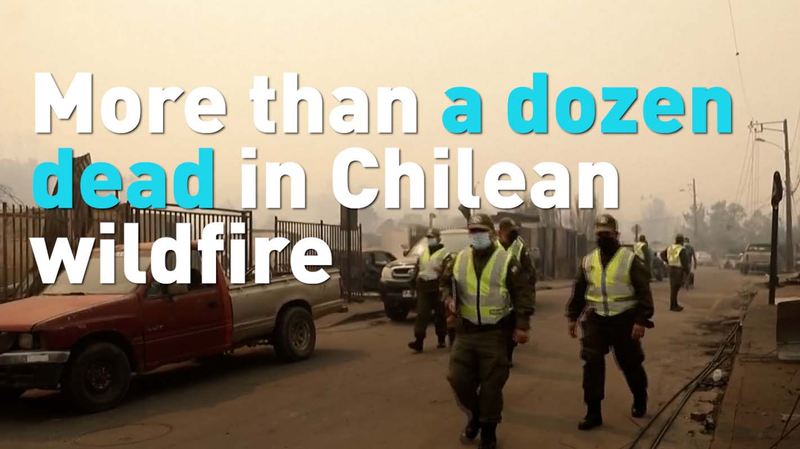As July rolls in, the Chinese mainland is caught between two extremes: relentless downpours in the north and west, and oven-like heat across the south and east.
Since mid-June, Guizhou Province in the southwest has faced waves of heavy rainfall, leading to severe floods and heightened geological risks. The rain belt has further spread into the eastern reaches of northwest regions, the North China Plain, and the northeast, according to the China Meteorological Administration.
Starting Tuesday, the subtropical high-pressure system will strengthen and shift westward, pushing the rain belt to intensify and expand. Forecasts call for heavy to torrential rainstorms in northwest, central, and southwest areas, with localized flash floods and strong convective storms raising alarms for landslides, urban flooding, and river surges, especially in mountainous and river-adjacent zones.
Meanwhile, eastern and southern provinces under the same high-pressure dome are enduring heatwaves day and night. Cities along the middle and lower Yangtze River1Shanghai, Nanjing, Wuhan, Hangzhou, Nanchang, and Fuzhou1are bracing for at least seven straight days of 350C-plus temperatures. On July 5, Hangzhou could hit a staggering 410C, potentially marking the earliest 400C day on record.
These weather extremes not only disrupt daily lifedriving farmers to monitor swollen rivers and city dwellers to seek relief in air-conditioned sheltersbut also underscore the broader shifts in monsoon patterns and regional vulnerability. As climate dynamics evolve, communities across the Chinese mainland must adapt to a future of escalating extremes.
Reference(s):
From torrential rain to sauna heat: China's early July weather
cgtn.com




